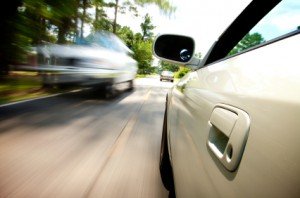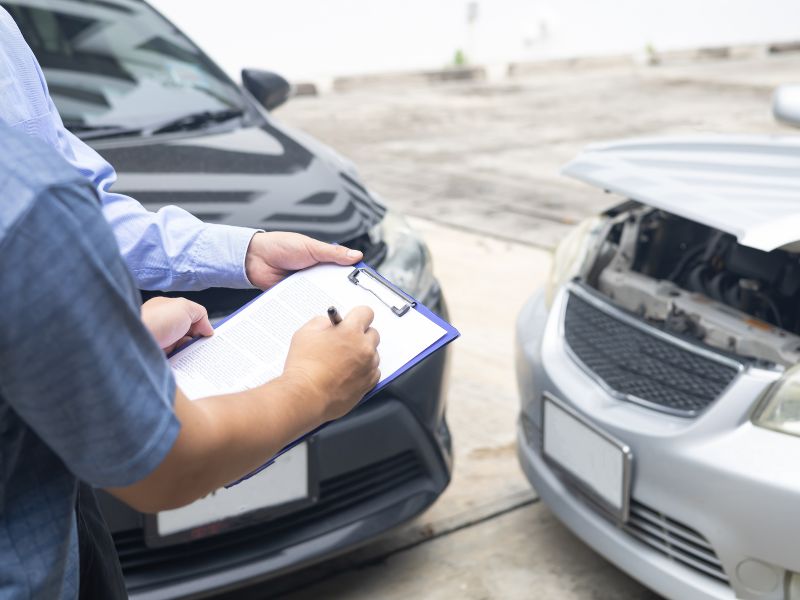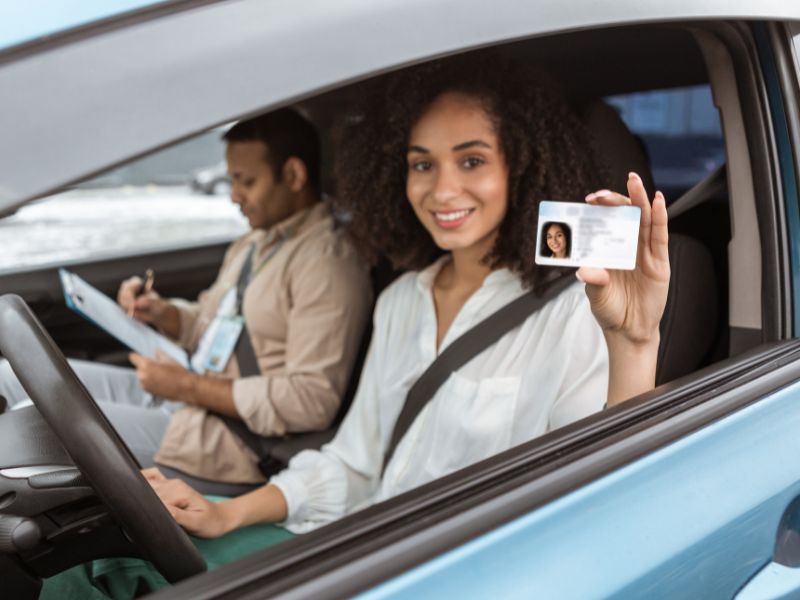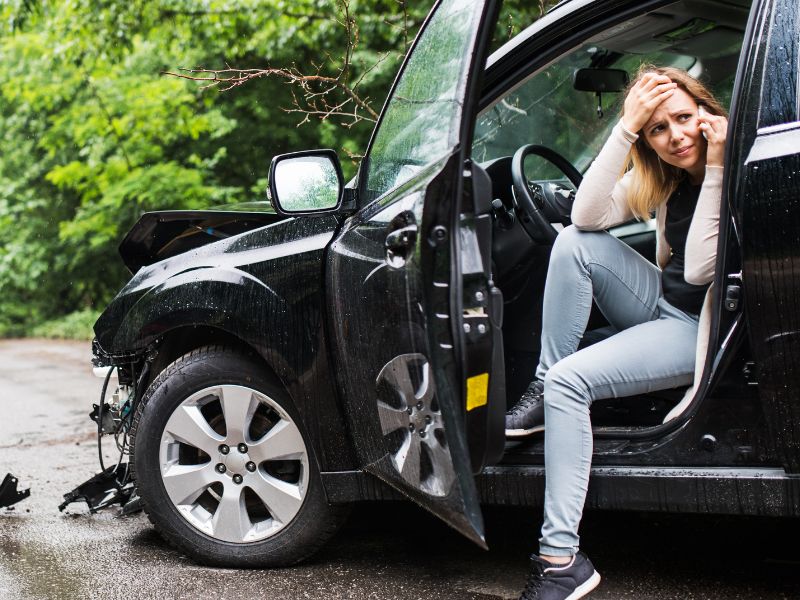It would seem that there would be no question that a drunk driver who causes an accident would be responsible for the injuries to his or her passengers, but there may be exceptions to this rule in some states. However, California law is relatively clear: even if a victim is drunk or using illegal drugs, the liability rests primarily with the drunk driver who causes the accident. However, under the right circumstances, a victim of a drunk driver who is a passenger in the drunk driver’s vehicle could be found to have contributed to his own injuries.
California Law On Victim Responsibility
Prior to 1975, California followed a rule of law that barred victims from collecting damages if they contributed to their own injuries in any way. However, that law changed with Li v. Yellow Cab Co. (1975) 13 Cal.3d 804. In that case, the court ruled that the “all or nothing” rule implied by the then-current contributory negligence rule was not fair to plaintiffs who contributed to accidents in which the defendant played an important role. This same theory was further refined in American Motorcycle Assn. v. Superior Court (1978) 20 Cal.3d 578 and Safeway Stores v. Nest-Kart, (1978) 21 Cal.3d 322, both cases in which the courts ruled that the actions of a victim could have an impact on the amount of damages that person is allowed to collect, but did not completely bar recovery.
Today, California is a pure comparative fault state, meaning that the law provides for victims of drunk driving accidents to collect damages that are limited by the scope of their own fault. In practice, this means that the total of damages is divided into percentages, with each party assigned a portion of the blame. That percentage then determines the degree to which each party is liable for damages.
For example, suppose that two drivers are involved in an accident that causes a total of $100,000 worth of damage to driver A. He sues driver B and the jury determines that driver B is 60 percent at fault for the accident, while driver A shares 40 percent of the liability. Driver A’s award would be reduced by 40 percent or $40,000, and the driver could collect only $60,000 of the $100,000 award.
California does not, however, uphold the idea of contributory negligence in the case of criminal charges against a drunk driver. In the case of People v. Azkoul, G04252 Cal. App. 2010, the driver tried to use a contributory negligence defense in order to bolster her claim that she should not be charged with manslaughter, even though California law provides for such charges when someone has already been convicted of DUI prior to an injury accident. The court rejected this defense, stating in effect that the condition of the victim was not a defense against manslaughter charges.
California’s Comparative Liability Statute
California’s comparative liability statute allows for victims to be held partially responsible for their own injuries. Examples of cases in which a victim might be held responsible for his or her own injuries could include:
- A victim is intoxicated at the time of the accident, even if he or she is not driving
- A victim knowingly gets into the car with a drunk driver
- A victim offers alcohol to the person driving
However, that does not mean that every victim riding with a drunk driver is automatically responsible for his or her own injuries. Examples in which a victim might be found not responsible for injuries could include:
- A minor riding with a parent or other adult who is drinking
- A person who does not know that the driver has been drinking or using drugs
- A person who is incapable of consenting to ride with the driver; for example, a person who has been rendered unconscious by a slip and fall or someone who is very ill
Ultimately, it is up to a jury to decide if a person is capable of consenting to ride with a drunk driver and if that consent should be made a part of the decision to award damages or reduce a damage award.
If you have been the victim of a drunk driving accident, contact a personal injury attorney immediately. It is very important that you quickly protect your right to recover monetary damages and your right to hold the drunk driver accountable for your injuries.














